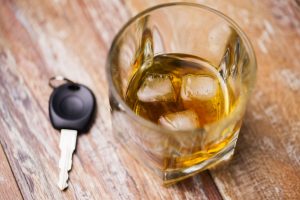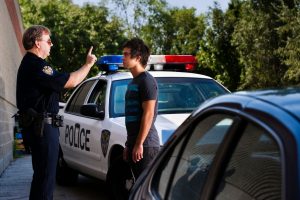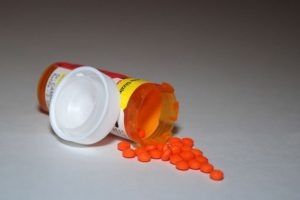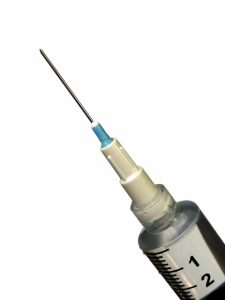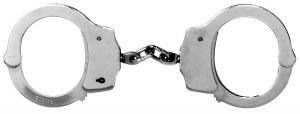Getting arrested for DUI in Fort Lauderdale can be overwhelming, frightening, and confusing. In the hours and days following your arrest, the decisions you make can dramatically impact the outcome of your case. Unfortunately, some people unknowingly sabotage their own defense by making critical mistakes that increase their risk of conviction and lead to harsher penalties.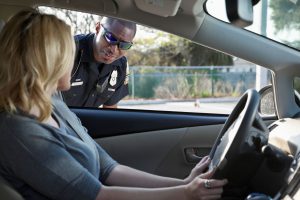
As an experienced Fort Lauderdale DUI defense lawyer, I’ve seen cases where defendants’ actions after their arrest made an already challenging situation significantly worse. Understanding these common pitfalls and how to avoid them is crucial for protecting your rights and preserving your defense options.
The Stakes Are Higher Than You Think
Before diving into specific mistakes, it’s important to understand what you’re facing. A DUI conviction in Florida carries serious consequences including license suspension, hefty fines, mandatory DUI school, community service, possible jail time, and a permanent criminal record. These penalties only increase with subsequent offenses or aggravating circumstances. Every action you take after your arrest can either help or hurt your case.
Mistake #1: Talking Too Much to Police After Arrest
One of the most damaging mistakes people make is continuing to speak with law enforcement after their arrest (or even before). Many defendants feel compelled to explain themselves, apologize, or provide additional details about their evening. This urge to “set the record straight” nearly always backfires.
- How This Impacts Your Case. Anything you say can and will be used against you in court. Police officers are trained to ask questions that may seem casual but are designed to elicit incriminating responses. Even seemingly innocent statements like, “I only had two drinks” or, “I was coming from dinner” can be twisted to support the prosecution’s case. A skilled criminal defense attorney knows that these statements often provide prosecutors with ammunition they wouldn’t otherwise have.
- The Better Approach. Exercise your right to remain silent. Politely state that you wish to speak with a Fort Lauderdale DUI defense lawyer before answering any questions. This isn’t an admission of guilt; it’s a constitutional right designed to protect you.
Mistake #2: Failing to Request an Administrative Hearing
Florida law requires that you request an administrative hearing within 10 days of your DUI arrest to challenge your license suspension. This hearing is separate from your criminal case and provides an opportunity to potentially save your driving privileges.
- How This Impacts Your Case. Missing this 10-day deadline results in an automatic license suspension. You lose the opportunity to challenge the suspension and may face months without driving privileges. This can severely impact your ability to work, attend court hearings, and meet with your criminal defense attorney. Additionally, failing to request this hearing eliminates valuable discovery opportunities that could benefit your criminal case.
- The Better Approach. Contact an experienced Fort Lauderdale DUI defense lawyer immediately after your arrest. An attorney can request this hearing on your behalf and use it strategically to gather evidence for your criminal defense.
Mistake #3: Hiring the Wrong Attorney or Trying to Handle It Yourself
Some people make the costly mistake of either representing themselves or hiring an attorney who lacks specific DUI experience. DUI law is highly specialized, with complex procedural requirements, scientific evidence issues, and constantly evolving legal standards.
- How This Impacts Your Case. General practitioners or inexperienced attorneys may miss crucial defense strategies, fail to properly challenge evidence, or overlook procedural violations that could result in case dismissal. Self-representation is even more dangerous, as prosecutors are skilled at taking advantage of unrepresented defendants. You’re essentially bringing a knife to a gunfight.
- The Better Approach. Hire a Fort Lauderdale DUI defense lawyer who specializes in DUI cases and has extensive experience with local courts, prosecutors, and judges. An experienced criminal defense attorney will know how to challenge breath test results, field sobriety tests, and police procedures while building the strongest possible defense.
 Fort Lauderdale Criminal Attorney Blog
Fort Lauderdale Criminal Attorney Blog




